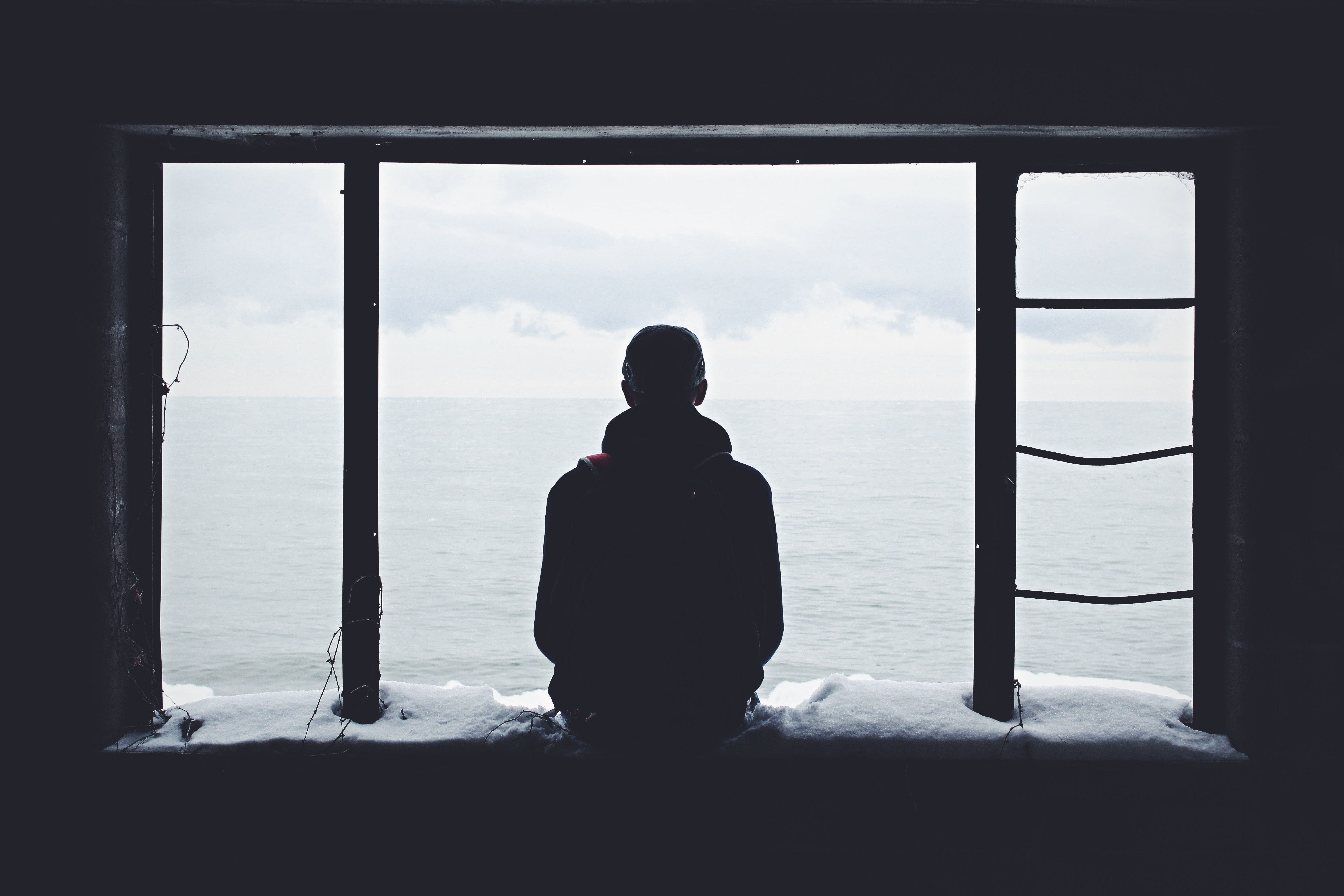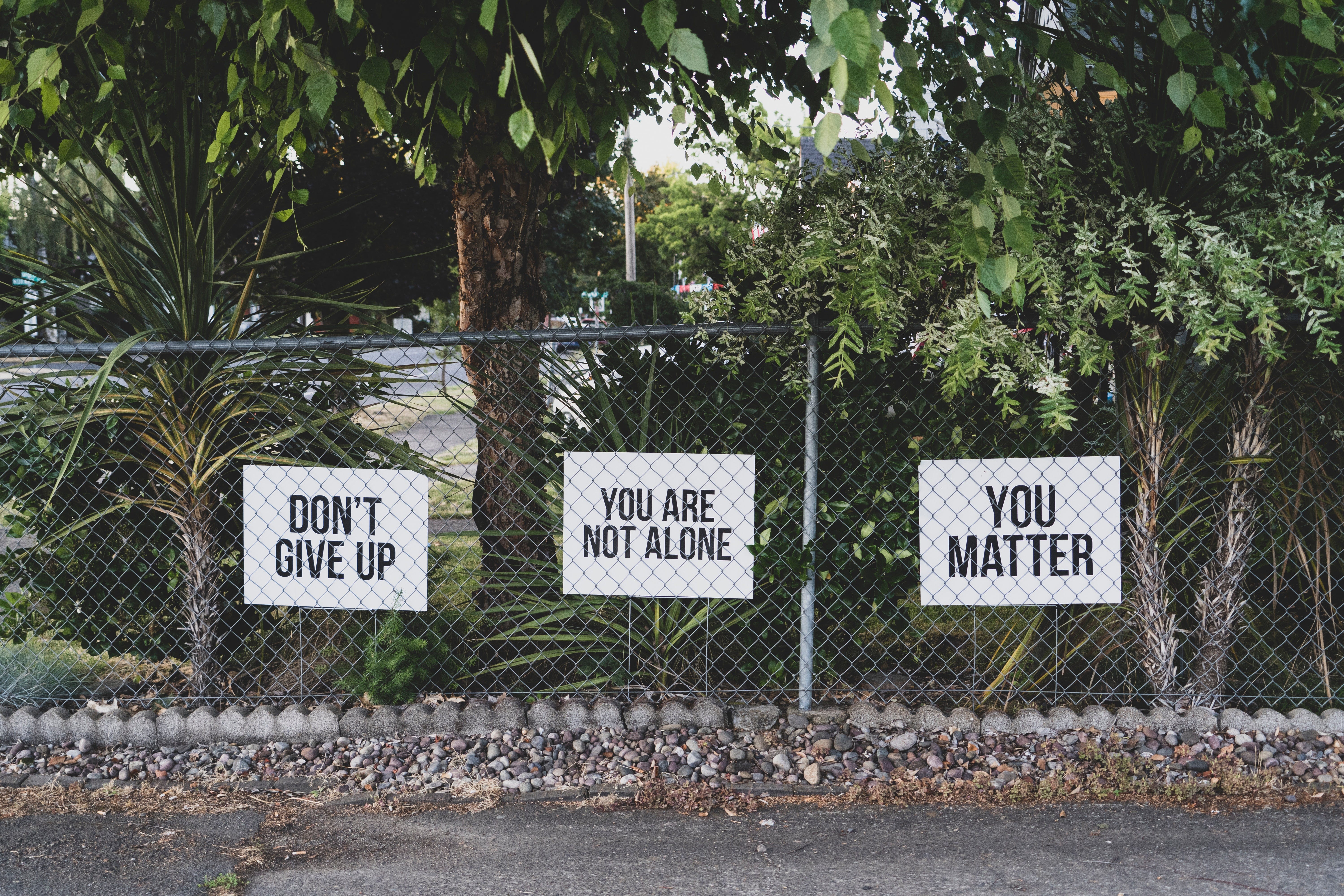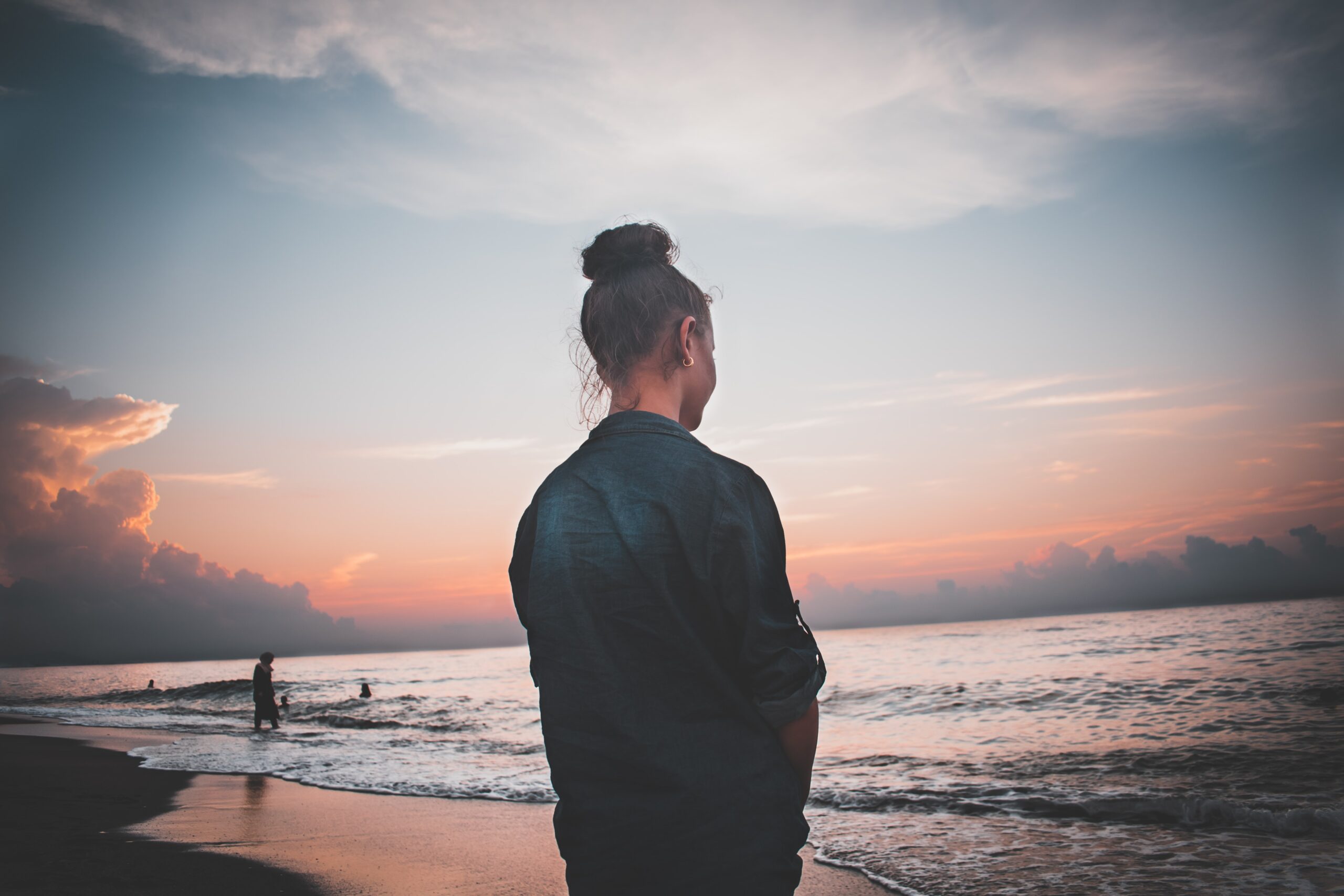Lockdown, a vulnerable place
When, in March 2020, public life came to halt in many countries, addicts were left in a vulnerable place. Isolation, the lack of human connection, is one of the primary drivers for increased use or relapse. Lockdowns meant no more in-person group meetings and no more structure provided by work, community service or counseling. Though group meetings moved online, some felt that video couldn’t replicate the feeling of physically being in the same room. It’s also harder to protect your anonymity in a zoom meeting.
The news of the pandemic was scary for everyone, and more so for people with a weakened nervous system. Addicts, whether recovering or not, felt the strain of the global uncertainty intensely. Using is a way of self-medicating when addicts can’t cope. It’s hard for them not to reach for their drug of choice when feeling out of control, frightened or threatened. For weeks, many of the life savers normally available to them, remained out of reach.

Yoga — self-knowledge and structure
Many addicts might not be aware that yoga as a practice covers many of the bases that are helpful during recovery. It lends itself exceptionally well to serving as a daily routine. As little as 20 minutes a day go a long way and have a remarkable effect on the nervous system and overall well-being.
Practicing yoga means carving out time to become quiet and introspective. We allow space for self-reflection and cultivate the habit of noticing our own thoughts and catching ourselves when we’re on a slippery slope. Our mat can also be the place where there is no pressure to be anything more than we are. It’s easy to practice yoga in the privacy of our own homes, if other places have to be ruled out.
The appropriate intensity and amount of yoga combined with deep diaphragmatic breathing soothes the nervous system. This helps addicts to relax when they are wound up. Most importantly the breath constitutes a tool that’s available 24/7 and helps to tolerate emotional or physical pain without the crutch of drugs.
Which type of yoga is good for addicts?
These days there are so many types of yoga to choose from. Not all of them are conducive to recovery. Still many people consider yoga a cure-all. Some ways of practicing can even reinforce the compulsive and self-destructive habits of a recovering addict.
It isn’t wise to send addicts to just any yoga practice. Since yoga became mainstream more people do it to stay in shape, when once it used to be considered a practice for self-inquiry and facilitating meditation. Many public classes are physically challenging and not appropriate for most recovering addicts, whose bodies have been through a lot and whose minds can’t just relax.
Ideally addicts would begin with a gentle but moderately exacting practice. A slower approach gives them time to observe how their system reacts to the yoga. Carefully selected challenges lead to a feeling of accomplishment and develop the ability to tolerate stress.
As a beginner it can be helpful to have a teacher guiding your first steps into yoga. Small groups and even one-on-one settings make for an empowering community experience, whereas overly large groups in yoga studios can feel anonymous or even hostile.
Self-practice at home is an opportunity for experimenting and figuring out what works for us individually. No teacher can answer this question for us. Once we know what has a positive effect on us, that tool is available to us — for as long as we live and breathe, wherever we go and whatever we may face.
For a recovering addict who might be frightened that they lack the willpower to stay sober, sticking to a regular home practice gives them a sense of achievement. Seeing the result of their yoga practice, physical and mental, inspires them to keep going.
Yoga for recovering addicts
Even since before I started teaching, I’ve always been of the opinion that yoga must be made accessible to all. Especially to those who need it the most and those who are suffering. I believe that a practice of self-knowledge and self-care — which yoga ultimately is when taught and done wisely — can be a gamechanger for addicts.
When it comes to recovering addicts, the communication around what yoga can do for them needs to evolve. Yoga teachers need to know how to work with a recovering addict. Most of all, recovering addicts need more sound resources that present yoga in a way that is conducive to recovery. Most yoga teachers know what pointers to give to a pregnant woman or somebody with a knee injury. The same should be true for mental health conditions, such as addiction and personality disorders.

I wish for addicts to know that yoga is for them, too. If the COVID19-situation has made group meetings less accessible, then maybe yoga can fill that gap. Even if yoga classes have to happen online these days, we can feel the human connection with our fellow practitioners. Particularly in these uncertain times, recovering addicts are afraid that they will resort to old habits to soothe their anxiety. What if learning to balance on one leg could make them trust that, even in a precarious situation, they will not fall? What if learning to do something completely new could boost their confidence and prove that it’s not too late to start over?
I believe that’s what yoga does.
For the past three and a half years I have researched how yoga can benefit and sometimes hinder addicts in recovery. I have conducted interviews with addicts who consider yoga an important part of their recovery and with addiction experts who use different therapy modalities. If you’re interested in learning how the tools of yoga can support you on your journey — regardless of how long you have been sober — feel free to reach out to me.


No comments.